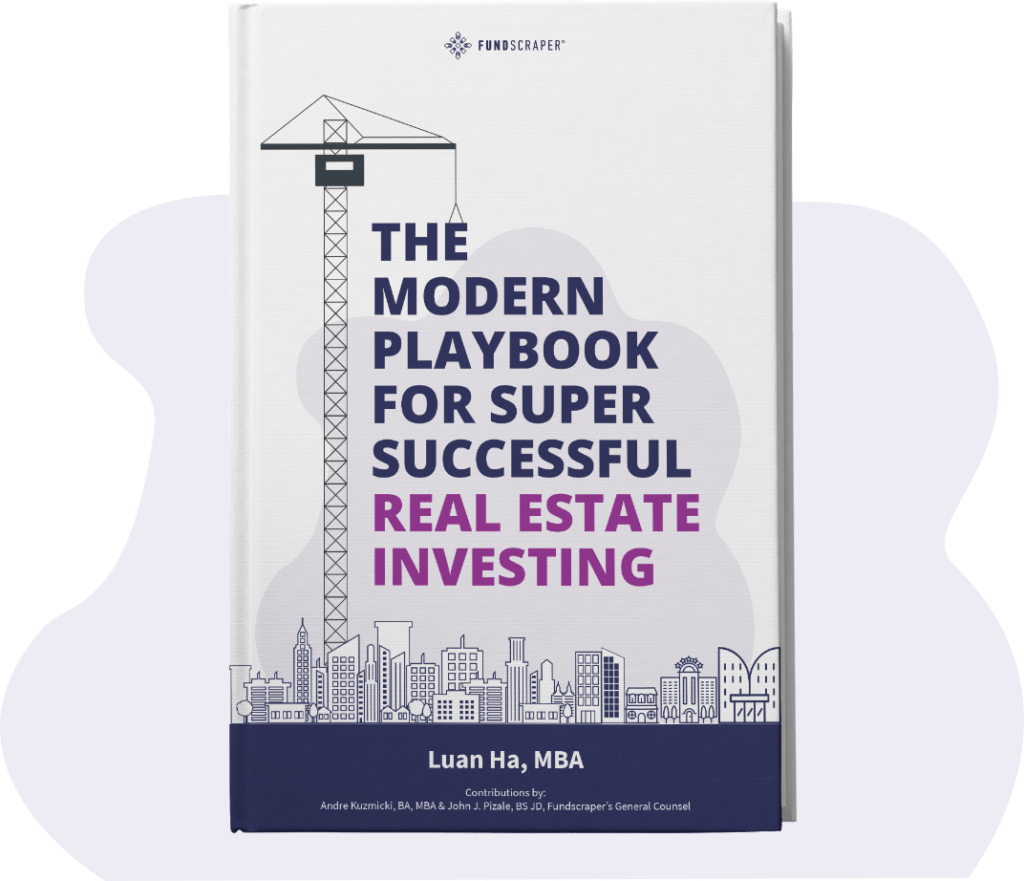It’s never too early to start saving for retirement. Investing in private real estate is an excellent way to diversify your portfolio and start thinking about your financial future. To help you understand all of the options in front of you, we put together a guide to the types of retirement savings plans (RSPs) you should know about.
Key Points
- RSPs are registered through Canada Revenue Agency (CRA) and are designed to encourage us to save for retirement.
- Contributions are tax-deductible based on your marginal tax rate when you put the money in.
- If you’re interested in investing your RSPs in private mortgages or opening an RRSP, the first thing you should do is seek expert advice. The process isn’t difficult, but if you’ve never done it before, you’ll need an expert to walk you through it.
- Investing in private real estate is an excellent way to diversify your portfolio. Savvy investors know not to put all of their eggs in one basket, and private real estate helps minimize risk of loss. It also helps generate return and preserve capital.
Regardless of the time of year, it’s important that you have a solid understanding of the basics of registered Retirement Savings Plans (RSP). RSPs are registered through Canada Revenue Agency (CRA) and are designed to encourage us to save for retirement. But don’t wait until retirement is on the horizon to start saving for it! Read on to learn more about your options with RSPs.
What is an RSP?
What does RSP stand for? What is a RSP? An RSP, meaning Retirement Savings Plan, encourages saving for retirement. They can contain investments such as stocks, bonds, mutual funds, ETFs, GICs, and savings accounts.
Contributions are tax-deductible based on your marginal tax rate when you put the money in. If you make $100,000 a year, your marginal tax rate is 43.41%. If you put $1,000 in an RSP, you’ll get about $430 “back.” Your RSP deduction limit for 2021 is 18% of earned income reported on your tax return in the previous year, up to a maximum of $27,830.
You defer paying tax on the money and interest gained until you withdraw it. At that time, it’s considered taxable income, and you pay taxes on it according to your marginal tax rate at that time. Generally, your income during retirement is lower than the income you earn during your active working years, so withdrawing your funds from your RSP account later will allow you to pay taxes at a lower marginal tax rate.

How do I Get an RSP?
There are many different types of RSPs that come with tax benefits! Here are the three most common:
Registered Retirement Savings Plan (RRSP)
Often, when a financial institution refers to an RSP, they mean RRSP. The RSP definition can get confused with the RRSP definition. An RRSP can only be sold by financial institutions approved by the Canada Revenue Agency (CRA). You can hold many types of assets within an RRSP, including savings accounts, GICs, stocks, bonds, mutual funds, ETFs, and real estate. RRSP contributions are accepted until December 31 of the year one turns 71. You’re penalized with heavy withholding taxes if you withdraw the funds before you retire.
Tax-Free Savings Account (TFSA)
TFSAs can hold any type of RSP-eligible investment, including stocks, bonds, mutual funds, real estate, ETFs, or cash deposits. Any Canadian who is over the age of 18 and has filed a tax return can open a TFSA. Unlike RSPs, contributions are not tax-deductible. When you withdraw money from your TFSA, you don’t have to pay income tax on it.
Registered Pension Plans
Many employers set up pension plans for their employees. There are two types: Defined Benefit (DB) and Defined Contribution (DC). DB plans promise to pay a set pension amount based on a formula including age, years of service, and earnings history; DC plans provide pension benefits based solely on the contributions and investment earnings.
Start Investing in Real Estate Backed Investments Today
Explore the investments available on Fundscraper.
What’s the Difference Between an RSP and an RRSP?
In conversation, people often use “RSP” when referring to an RRSP because it’s shorter and easier to say. And it’s not inaccurate: an RRSP is a type of RSP, which is an umbrella term that refers to any Retirement Savings Plan. An RRSP is a specific type of account with two stand out characteristics. The first — it has tax advantages in that any contributions can be deducted from your income. The second — there are yearly RRSP contribution limits. While an RSP can refer to a number of retirement accounts, an RRSP refers to one type of account specifically. Sometimes people will refer to an RRSP as an RSP (because it is) but so too are many other retirement accounts.

What are the Benefits of Using an RSP to Invest in Real Estate?
Investing in private real estate is an excellent way to diversify your portfolio. Savvy investors know not to put all of their eggs in one basket, and private real estate helps minimize risk of loss. It also helps generate return and preserve capital.
Most people think mortgages or mortgage backed investments are a financial instrument reserved only for banks and hedge funds. A mortgage does not have to be hundreds of thousands of dollars. Individuals such as yourself can execute mortgages against properties or participate in mortgage backed offerings as investments, and you’re able to earn returns through RSPs described above.
Investment advisors commonly recommend that a person’s portfolio have between 10% and 20% in real estate. It is generally thought that investors who are risk-averse tend to limit their investments to stocks and bonds, while investors who are less risk-averse hold a mix with more alternative investments like real estate. What is evolving today is that investors who want more diversification should actually be weighing more of their portfolio towards alternative assets like real estate than otherwise. This is because real estate is a strong non-correlated asset class, which many risk-averse investors are attracted.
How do I Invest in Real Estate Using an RSP?
If you’re interested in investing your RSPs in private mortgages or opening an RRSP, the first thing you should do is seek expert advice. The process isn’t difficult, but if you’ve never done it before, you’ll need an expert to walk you through it. That’s what we’re here for!
Your advisor should be a registered mortgage broker, dealing representative, financial advisor, accountant or an exempt market dealer focused on real estate and mortgages. At Fundscraper, we’re both a mortgage broker and exempt market dealer. We begin by asking about your investing experience, investment portfolio to date, risk appetite, expectations, current needs, and future needs. This is called a suitability assessment, and it helps us determine whether private real estate is an appropriate investment for you at this juncture of your life. If yes, the next step is identifying a mortgage backed investment product that would be suitable for you.
Once we have found something that is suitable for you, the next steps are setting up how you can acquire the private mortgage backed investment security with your current RRSP funds that are held by your bank or financial advisor. Those RRSP funds are likely tied up in mutual funds, exchange traded funds, and other RRSP eligible securities. We’ll help you with this process as much or as little as you need.
Learn More About Investing
How Do Invest My RRSPs into Private Real Estate?
Can I invest with registered funds (RRSP, TFSA, etc.)?
Fundscraper Capital Inc. and its affiliates do not provide tax, legal or accounting advice. This material has been prepared for informational purposes only, and is not intended to provide, and should not be relied on for, tax, legal or accounting advice. You should consult your own tax, legal and accounting advisors before engaging in any transaction.










